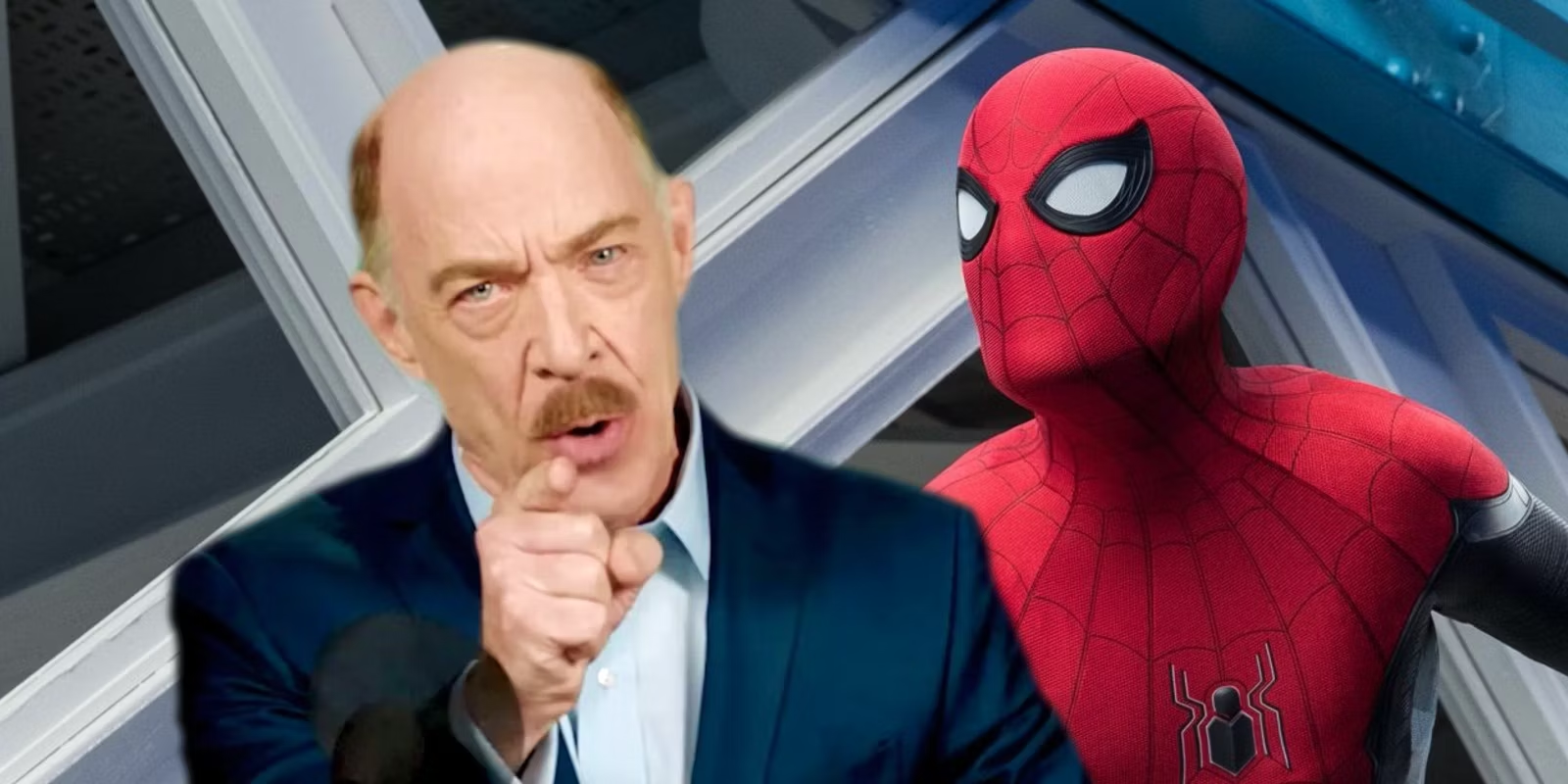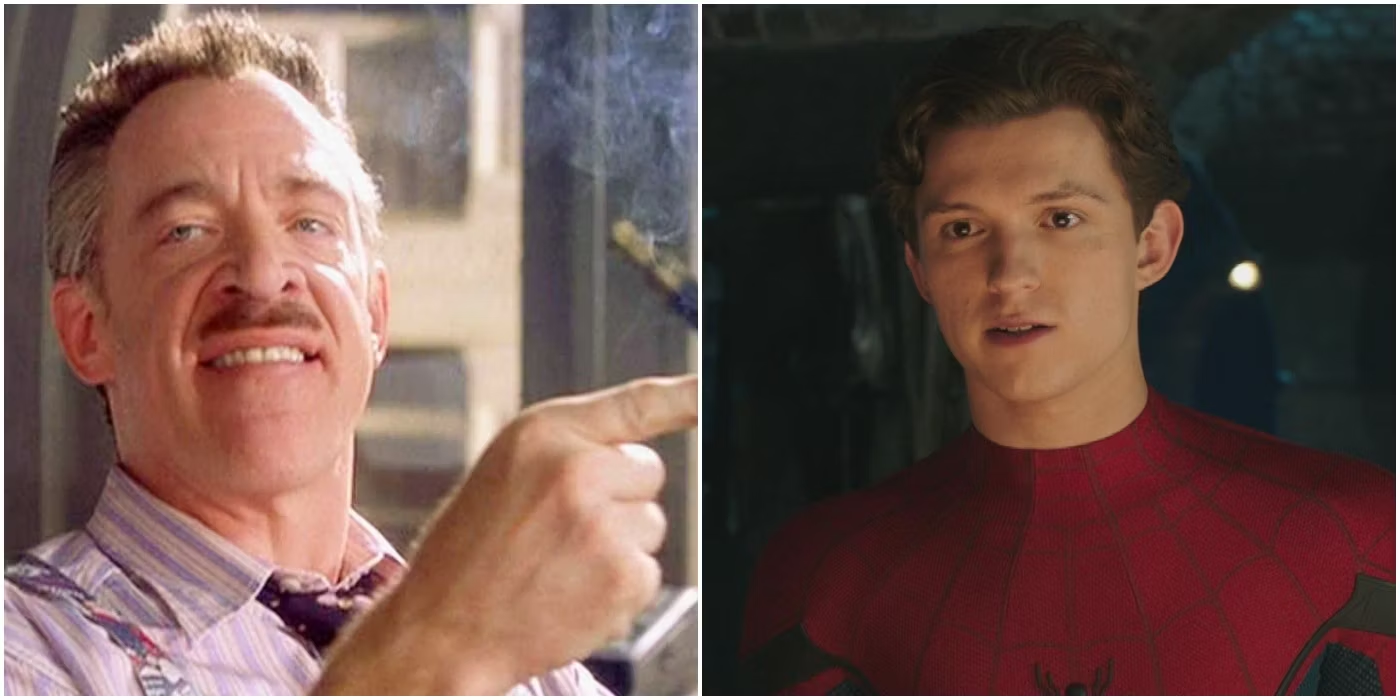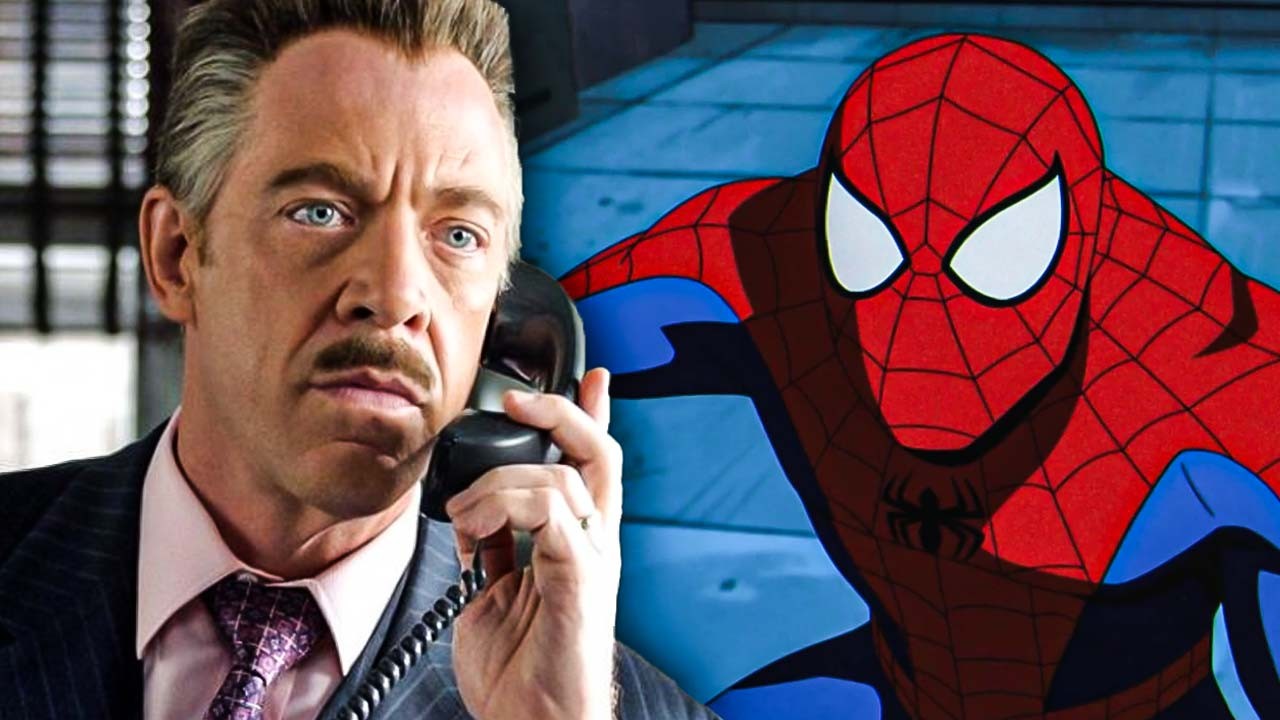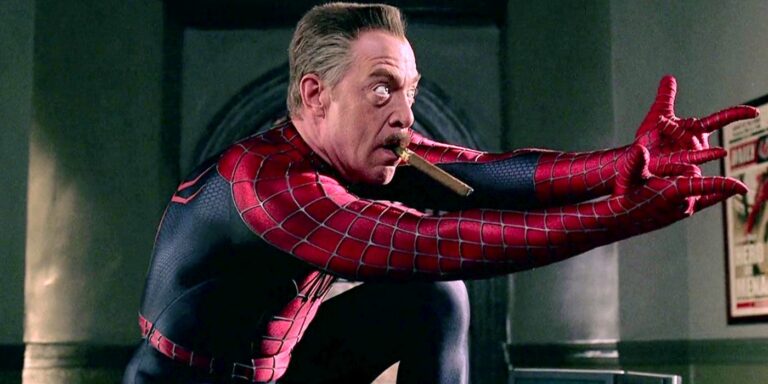When J.K. Simmons first donned the bluster and bluster of J. Jonah Jameson in Sam Raimi’s 2002 Spider-Man, he instantly captivated audiences with his pitch-perfect embodiment of the comic book character. Known for his fiery temperament and unforgettable moustache, Simmons’ portrayal of the Daily Bugle’s head honcho became an iconic element of the Spider-Man film legacy. Fast forward to 2022, and Simmons reprised his role in ‘Spider-Man: No Way Home’, but not without significant changes that stirred both fan and actor dissatisfaction.

The Transformation in ‘No Way Home’
In ‘No Way Home’, audiences were reintroduced to a very different J. Jonah Jameson. Gone were the cigar, the flattop, and the moustache that had defined his character in the original trilogy. Instead, viewers found a bald, clean-shaven Jameson, sporting a personality that seemed starkly different from the one they had come to love. This shift was not just a simple character redesign but a substantial alteration that impacted how the character interacted within the Spider-Man universe.
Behind the Scenes: Simmons’ Push for Authenticity
The decision to alter Jameson’s look and demeanor was not without contention. Simmons himself was vocal about his desire to maintain the integrity of his character. Sony told me, ‘No, we don’t want you to have the flattop haircut and I was like, ‘Wait, wait, wait. What?’ Despite his efforts, the end result was a compromise that saw some elements slightly retained but many others completely revamped.
Fan and Actor Backlash
The changes were not well-received, sparking disappointment and criticism from longtime fans and the actor alike. Simmons’ efforts to preserve the character’s original traits were rooted in a deep understanding of what had made Jameson so memorable and beloved. However, despite his arguments, the character that appeared in ‘No Way Home’ diverged significantly from his earlier incarnation, leading to a disconnect with the audience.

Sony’s Strategic Decisions in the Spider-Man Universe
The alterations to Jameson’s character reflect broader strategies and challenges within the Sony-Marvel relationship. The collaboration, which involves sharing certain Spider-Man universe characters, has been both a creative boon and a battleground of differing visions. Sony’s cautious approach, particularly with integrating characters into the broader Marvel Cinematic Universe (MCU), has often led to decisions that prioritize strategic over creative considerations.
The Broader Impact on the Spider-Man Legacy
Despite these controversies, Sony’s Spider-Man films have undeniably shaped the landscape of superhero cinema, introducing fans to a host of characters that have become cultural touchstones. From the Green Goblin to Kirsten Dunst’s Mary Jane, these characters have left an indelible mark on the genre. J.K. Simmons’ J. Jonah Jameson is no exception, though his latest portrayal in ‘No Way Home’ serves as a reminder of the complexities and compromises that often come with modern blockbuster filmmaking.

A Mixed Legacy
As ‘Spider-Man: No Way Home’ continues to be available on platforms like Disney+, fans and critics alike ponder the evolution of characters like J. Jonah Jameson. While the film represents a continuation of the Spider-Man saga, it also underscores the tensions between maintaining character authenticity and adapting to new cinematic landscapes. For J.K. Simmons, the battle to keep Jameson true to his roots was a testament to his dedication to the role—a dedication that, despite corporate decisions, reminds us of the enduring impact of a truly compelling character portrayal.
In the shifting sands of superhero cinema, Simmons’ fight to preserve the essence of J. Jonah Jameson highlights a broader conversation about artistic integrity, creative control, and the legacy of iconic characters in the ever-evolving narrative tapestry of the MCU.
